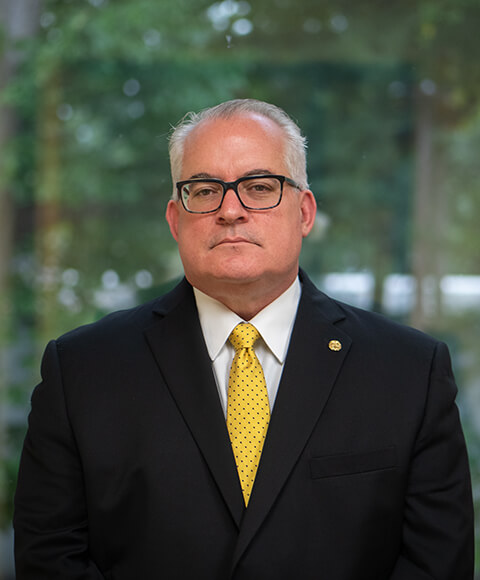The government agencies that set standards and policies for security clearance processes are grappling with a complicated legal landscape for marijuana use across the country and changing norms as they look to recruit young talent and reform the security clearance process.
“It’s widely recognized that you’re losing potential young talent due to experimentation with marijuana,” said Mark Frownfelter, the assistant director for the special security directorate at the National Counterintelligence and Security Center. “We need to recognize that and make sure we adjust accordingly.”
Frownfelter spoke with FCW about how the IC is navigating the legal and cultural landscape and about changes proposed by the Office of Personnel Management last fall to the standard Personnel Vetting Questionnaire feds fill out for suitability and security clearances.
The window to submit comments on proposals included in the notice is closing soon on Jan. 23.
One proposed change is scaling down the number of questions about the use of marijuana and cannabis derivatives.
OPM also proposed moving these questions to a separate section of the form from those on the use of other illegal drugs in what it called a “recognition of changing societal norms” and an effort to “improve the pool of applicants for federal employee and federal contractor positions.”
At least 18 states have legalized recreational marijuana, but the substance remains classified at the same level as cocaine and heroin at the federal level. President Joe Biden ordered the Departments of Justice and Health and Human Services to revisit that classification in October 2022, when he issued a blanket pardon for individuals convicted on federal charges of simple marijuana possession.
Early last year, Avril Haines, national intelligence director, sent a memo to agency heads stating that prior recreational use can be relevant to security adjudications, but not the determining factor.
Updating the intake questions doesn’t alter federal law, but it does represent an attempt to “modernize the form,” said Frownfelter. He cautioned that he didn’t “want to give the perception that we condone any type of marijuana use,” which is still prohibited for federal employees.
OPM’s Federal Register notice states that past use will be considered on a “case-by-case basis,” but current, ongoing use by federal employees “is prohibited.”
“We’re looking at past use differently now. So – you’re a 23-year-old whose only blemish is that he or she experimented with marijuana in college – may not necessarily be disqualifying, where it would have been previously,” Frownfelter said.
The root of the problem is a disconnect between what’s required under security guidelines and what is average for most Americans – something that is already impacting recruitment, said Dan Meyer, a managing partner of Tully Rinckey’s Washington D.C. office who formerly worked in the Defense Department and Intelligence Community.
“If you’re gonna live your life according to the security guideline, you’re gonna live your life differently than a lot of Americans live their lives,” said Meyer. “That was not always the case. In the 1950s, if you were going to get a security clearance, you probably were going to be a lot like other Americans… I have a lot of clients who decide it’s just not worth it.”
Marijuana use among young adults is growing.
A survey of nearly 5,000 young adults funded by the National Institutes of Health found an all-time high for marijuana usage in 2021 among adults ages 19 to 30, with 43% of adults in that age group reporting using marijuana in the past year, up 29% from 2011.
Elsewhere in Washington, lawmakers also have their eye on marijuana usage and security clearances.
Last fall, lawmakers considered a measure to prohibit the denial of security clearances based on pre-employment drug use as part of the the Intelligence Authorization Act for 2023, although the proposal was ultimately scrapped.
“If the federal government were to legalize marijuana tomorrow, the issue would go away,” Meyer said, potentially making the consideration of marijuana and security clearances more akin to alcohol. Alcohol use isn’t necessarily a problem for clearance seekers or holders, while alcohol abuse or dependency might be.
Intelligence community agencies have also been making an effort to clear up common misconceptions about mental health and security clearances, like the “perception out there that, for instance, if you seek any type of mental health counseling, that may be something that is not favorable to a security clearance,” said Frownfelter. “We need to make sure we tackle all of these.”
The “bottom line,” he said, is that “we’re looking at the process, and recruitment and retention is a huge issue, especially in the intelligence community, because we’re not getting any younger… and younger talent, for whatever reason, doesn’t have as much interest in going through the security clearance process as they did in the past.”





